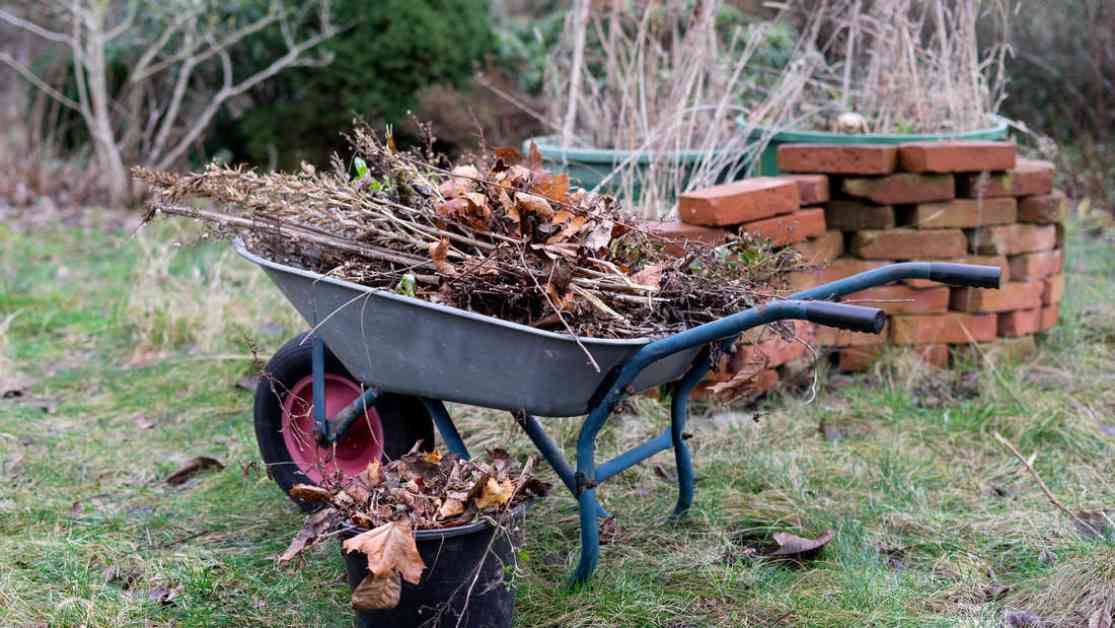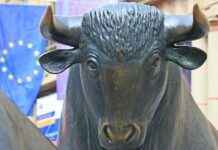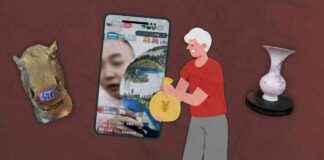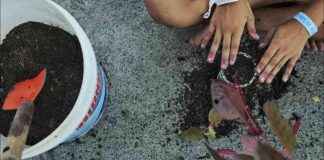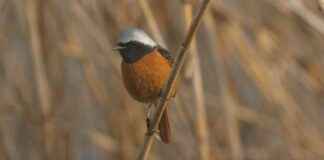Composting is a great way to recycle garden waste and turn it into nutrient-rich humus for your plants. As the gardening season comes to an end, it’s time to start thinking about what to do with all the organic material that accumulates in your garden. A compost heap is like a natural shredder that turns coarse garden waste into fine compost full of plant-available nutrients.
However, it’s important to be mindful of the moisture levels in your compost heap. Too much moisture can lead to the growth of harmful bacteria and fungi, causing the compost to spoil and become unusable as a fertilizer. To ensure that your compost heap stays healthy and productive, it’s important to know which garden waste is suitable for composting and which is better off in the green bin.
Some garden waste that is great for composting includes fruit and vegetable scraps, grass clippings, leaves, and small twigs. These materials are rich in nutrients and will break down easily to create a nutrient-rich fertilizer for your garden. On the other hand, it’s best to avoid adding meat, dairy products, and pet waste to your compost heap, as these can attract pests and create unpleasant odors.
To get the most out of your compost heap, it’s important to regularly turn the pile to aerate it and help the decomposition process. This will ensure that the organic material breaks down evenly and quickly, producing high-quality compost for your garden. Additionally, adding a balance of green (nitrogen-rich) and brown (carbon-rich) materials to your compost heap will help speed up the decomposition process and prevent any unpleasant smells.
By following these tips and tricks, you can transform your compost heap into a garden fertilizer miracle. Not only will you be reducing waste and helping the environment, but you’ll also be providing your plants with the nutrients they need to thrive. So roll up your sleeves, grab your pitchfork, and get composting!
